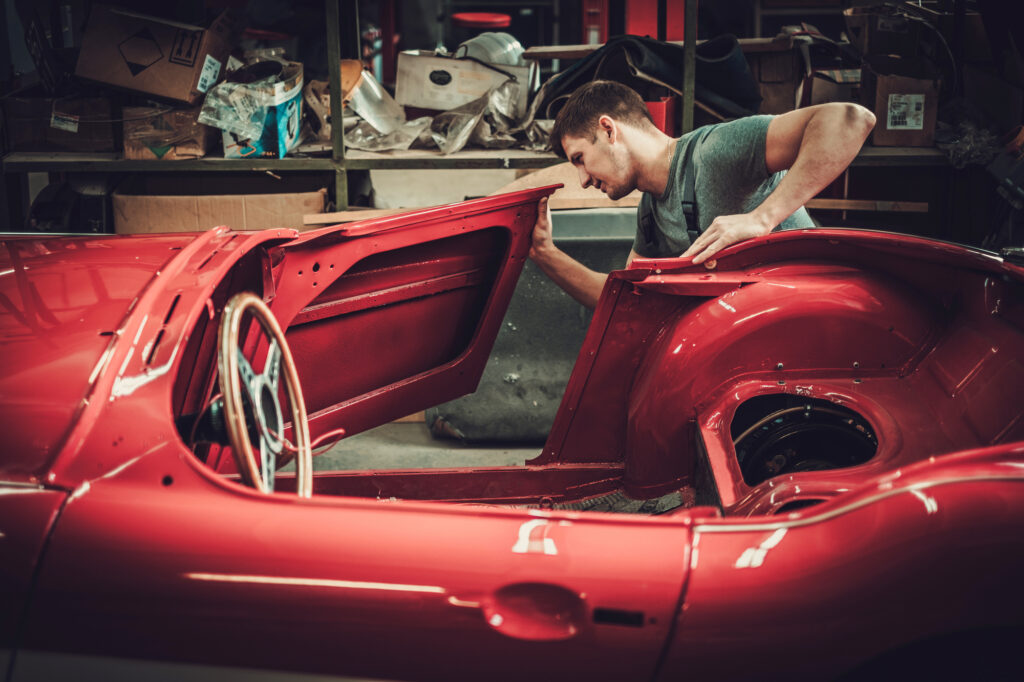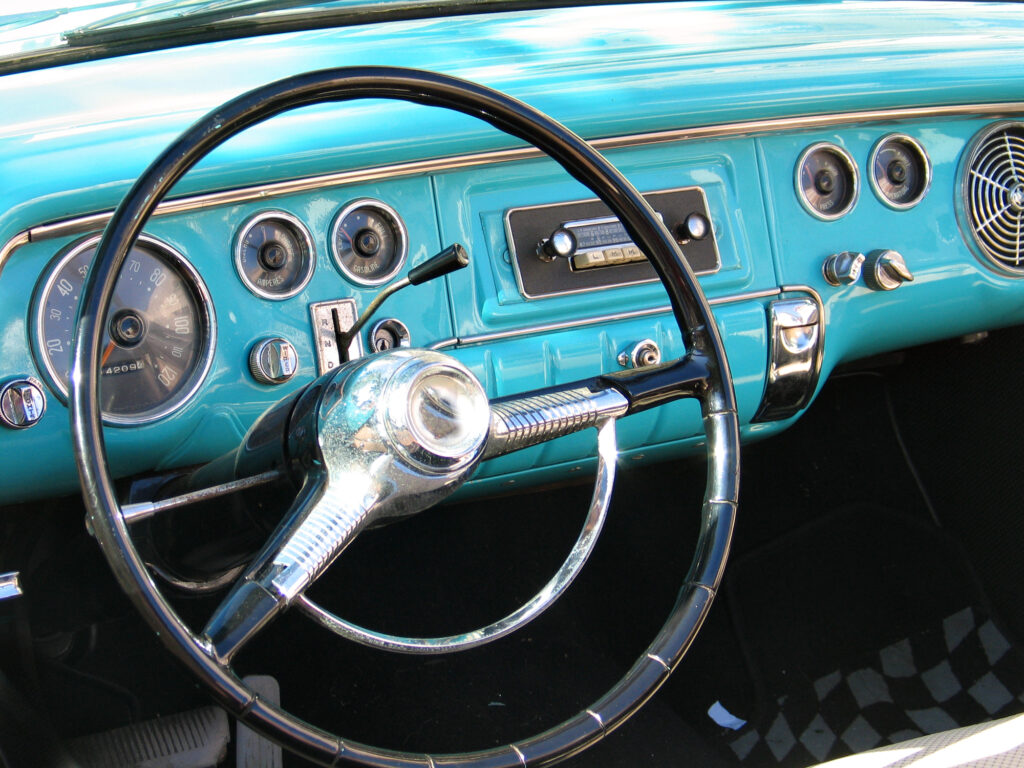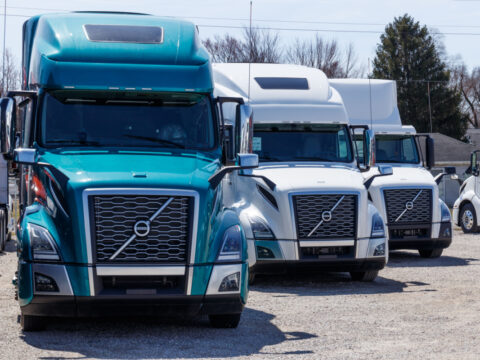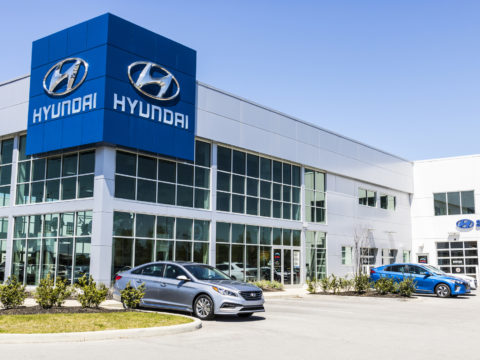If you’re a petrol head with a passion for classic cars, you’ve probably stumbled upon a fixer-upper at least once in your life and thought about taking it on as a project. It’s easy to be impulsive in situations like these.
However, restoring a classic car is no simple task. Classic cars are defined as being older than 20 years and not more than 40 years of age. Their age can make them a challenge to restore, and they demand plenty of time, money, expertise, and energy.

If you start off on the wrong foot, you might not ever achieve the end result you imagined.
Before taking on any restoration project, you need to know if you have what it will take to finish it. This means understanding what materials, skills, tools, and budget will be required before making any expensive investments.
You will also need to think about how much time you can commit to the restoration. If a project ends up too costly, difficult, or time-consuming, you’ll be better off choosing something more suited to your capabilities.
To help you avoid wasting your precious time and hard-earned dollars, we’ve delved deeper into the six things you should consider before restoring a classic car.
Contents
1. What are Your Goals?
So, before taking on a challenge like this, it’s important to define what exactly you’re looking to achieve.
Are you looking to restore your classic car to pristine showroom floor condition?
Are you hoping to achieve a more personalized modification?
Is it an investment to be sold for a profit later down the road?
These questions will have a significant impact on your budget and time commitments.
You’ll need to understand the scope of your project to manage your expectations, allocate resources appropriately, and reduce the likelihood of unnecessary and frustrating setbacks. Think about where the bulk of your focus will go—interior restoration, mechanical repairs, chassis or bodywork, or another area.
Once you have a clear idea and a provisional plan, you’ll be in a better position to start spending your time and money on the project.
2. What Skills Will You Need?
Restoring any classic car is a technically challenging undertaking. Even if you’re a pro mechanic, working with classic cars may involve unfamiliar skills that you will need to learn. The skills investment involved in car restoration has its pros and cons.
On the plus side, a challenging project can expand your existing skills and knowledge base. However, this is only a plus if you have the time to learn new mechanical skills.
If possible, try to pick a project where you can apply the skills and knowledge you already have, as well as pick up a few new things along the way. Consider bringing in some outside help to assist you with the less familiar aspects of the project.
Restoring a classic car is a great opportunity for collaboration with a friend, family member, or colleague who can fill the gaps in your knowledge.
3. What Will It Cost?
Creating a realistic budget for your project is perhaps the most important aspect of classic car restoration. Buying the car is just the beginning…
When estimating the cost of parts and materials, it’s always better to round up than down. Leaving some wiggle room in your budget will give you resources for those unforeseen expenses that are bound to crop up.
No matter how careful you are in your budgeting, there are almost always unpredictable expenses involved in any project of this kind.
When budgeting, think about the entirety of your project, not just the materials for the car itself. For example, will you need to buy or rent any new tools? Will you be using a rented workshop space or working at home? Will you need to pay for any skills training or labor?
Finding a balance between a generous but carefully calculated budget will help avoid frustration and disappointment halfway through.

4. Do You Have the Time?
The initial excitement that comes from considering a new project of this scope may cause you to underestimate the time commitment involved.
Restoring a classic car takes many hours of energy-intensive labor. If you’re already juggling several responsibilities, it might be a better idea to take on a less time-consuming project or perhaps wait until you’re not as busy.
Before making any big decisions, give yourself time to sleep on it. You’ll think more clearly after letting the impulse to get going subside.
While restoration is supposed to be fun, it’s also a serious undertaking. Give yourself enough time to carefully consider your current capabilities and whether you’re biting off more than you can chew.
5. Are the Necessary Parts Available?
Depending on the year and model of your classic car, replacement parts may be more or less difficult to come by.
Before buying anything, do some research on the parts you’ll need and how much they will cost. While it can be fun playing detective and hunting down rare parts, you don’t want to get halfway through and discover you’re missing a crucial rim seal or a cylinder head.
Spend some time online to see if you can find the necessary parts in your budget. There are plenty of classic car sites that sell original and reproduction parts, have forums, or offer sales and swaps for restoration projects.
6. Consider Potential Hidden Costs
Jobs that seem cheap and straightforward at first may prove far more expensive and difficult if you don’t think carefully about them first.
When a car is sold for an unbelievably low price, there might be something the seller isn’t telling you.
If you lack the expertise, consider bringing a mechanic who knows their classics along with you to spot problems that will put you over your budget.
Conclusion
Restoring a classic car is a fun and exciting process. It can also be a great way to spend time with friends or family. However, if you want to finish your project within the desired timeframe and budget, proper planning is essential.
Awareness of your goals, budget, skills, and timeline, as well as potential obstacles or bottlenecks will ensure that you get on the road sooner rather than later.














